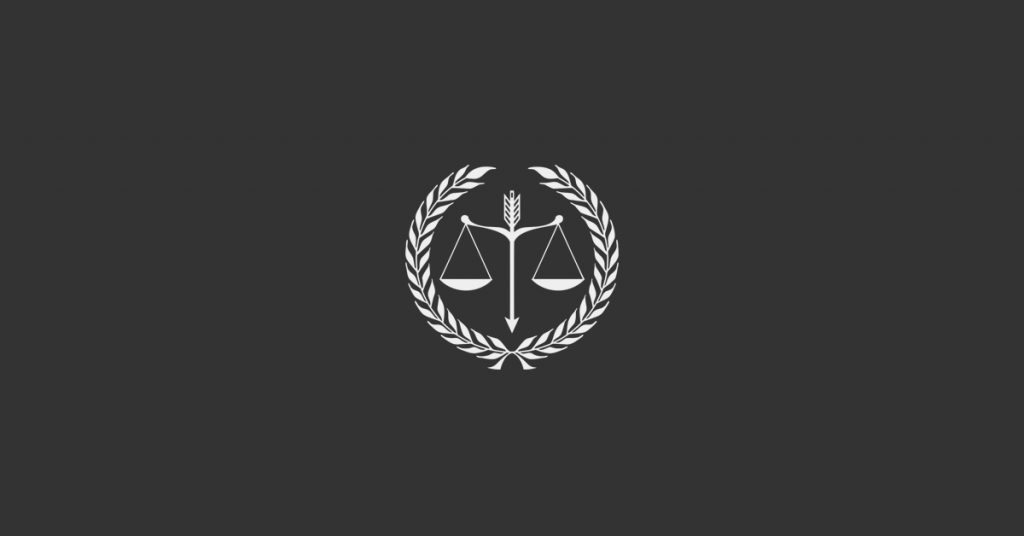The health care, medical and hospital bills for many Americans can accumulate very rapidly. When someone dies, the heirs might wonder if the medical bills die with him. Who is responsible for paying medical bills after death?
If Decedent’s Solvent Estate Has Enough Assets to Pay Bills
When the Deceased has a will, the property will be distributed into the legal entity called the “estate.” This creates a solid asset base, which can be decreased or increased based on claims against it. The executor or personal representative of the estate will be responsible for adding up the value of all the personal property in the estate. Using accounting terms, these will be totaled as the Credits.
Next, the personal representative of the estate will tally up all the Debits. This could include:
- Taxes
- Housing Rent
- Credit card charges
- Medical Bills
The executor will compare the Credits and Debits to determine if there are enough assets in the estate to pay all the bills.
If there are enough assets to pay all the bills, then the estate is considered to be Solvent. The assets will be used to pay off the debt. Anything leftover will be given to the beneficiaries.

If Decedent’s Insolvent Estate Lacks Enough Assets to Pay Off Bills
An Insolvent Estate involves a situation when the Debits are higher than the Credits. The executor of the estate must follow applicable federal or state law to prioritize bills for the distribution of assets. Usually, debts owed to the government will be paid first.
The executor can make full, partial, or no payment to the different creditors making claims. In the end, beneficiaries are unlikely to inherit anything from the Insolvent Estate. They also will not be held responsible for any of the medical bills.
How Many Americans Go Bankrupt Due to Medical Purposes Each Year?
What if there are debts and no will?
The important factor to note when there are medical bills and no will is that those who “make claims on the estate assets also have responsibility for paying off the debts of said assets.” The “heirs at law” or “beneficiaries” will inherit both credits and debts when there is no will.
Most medical debt will be subtracted from the total value of the personal property of the deceased. Thus, because there is no credit to inherit with a medical bill, the beneficiaries will not inherit the debt.


